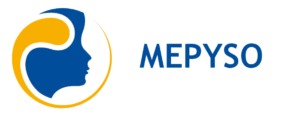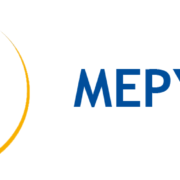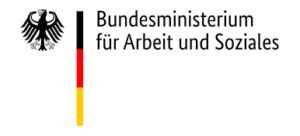Project Seminar in MEPYSO
In the past semester, students collected data with an extended version of our vignette study within the context of a project seminar entitled “Only difficult or ill? A project seminar on the medicalization of child behavior?”. The data were collected with 625 students and employees of the university of Siegen. The respondents have similar attitudes as the sample of our representative study from last year. About 60% of the respondents believe that children who do not completely fit the norm receive immediately a diagnosis (representative sample: 54%). Moreover, 90% disapprove with starting with medication therapy in the case of children with behavioral problems.







